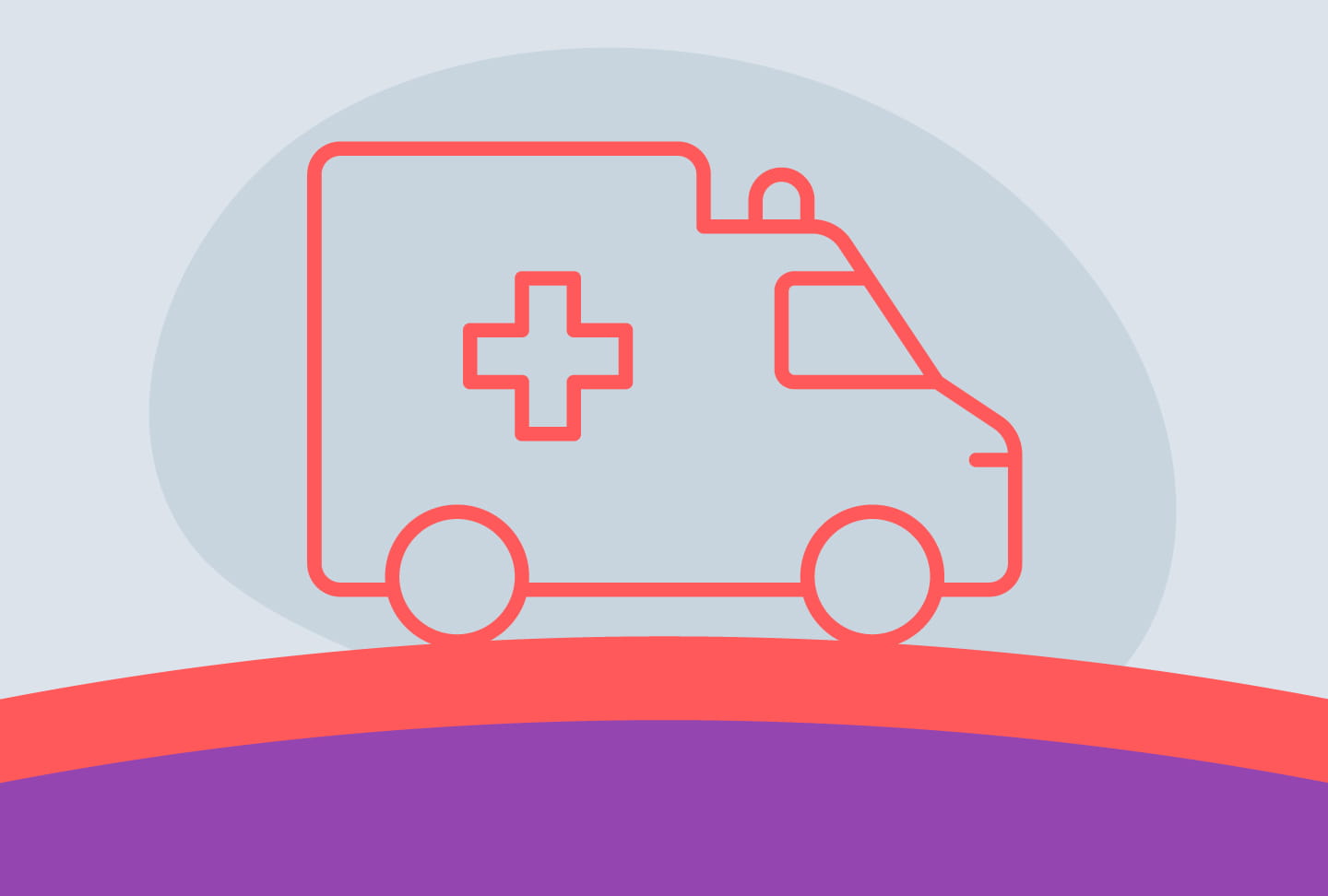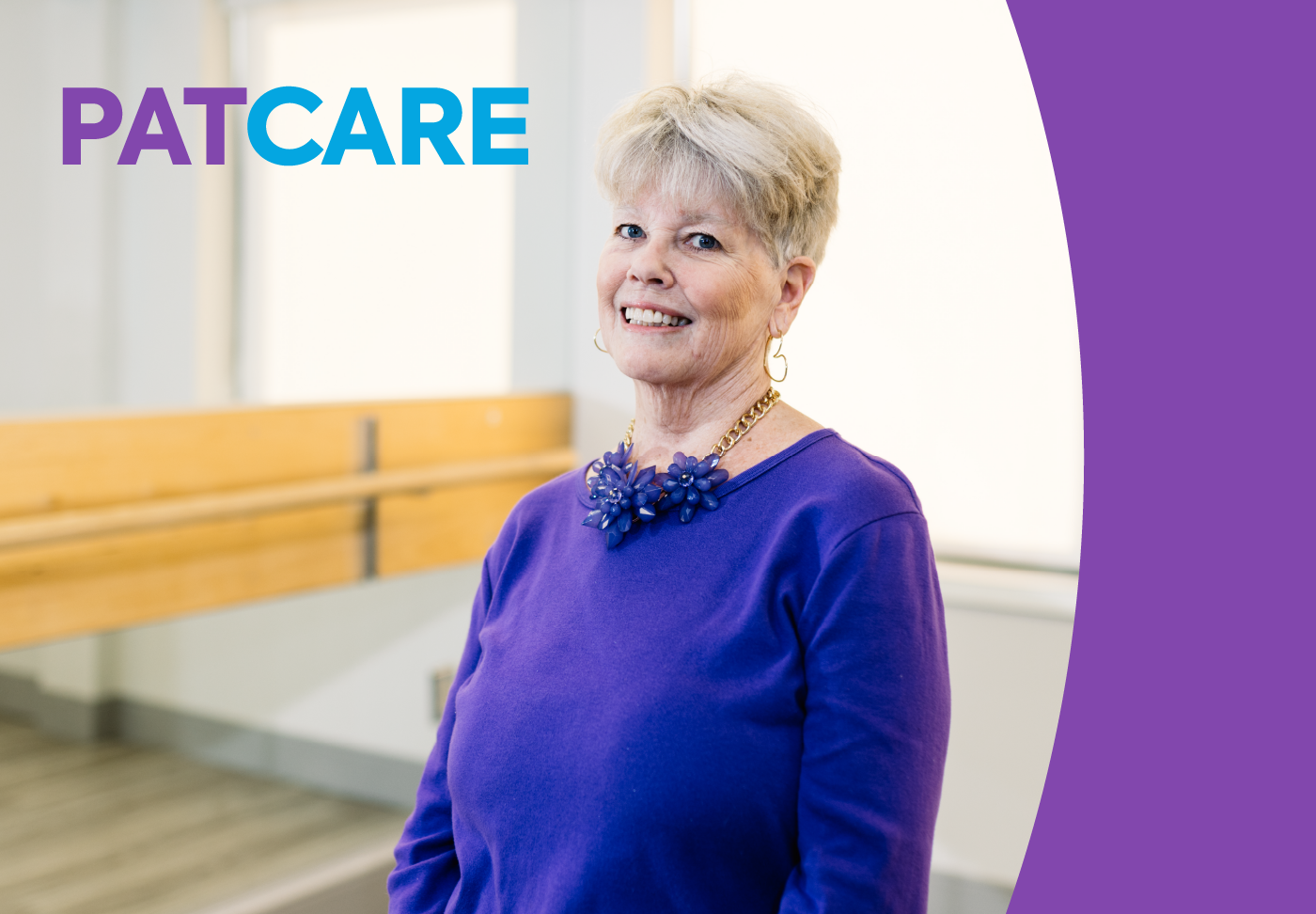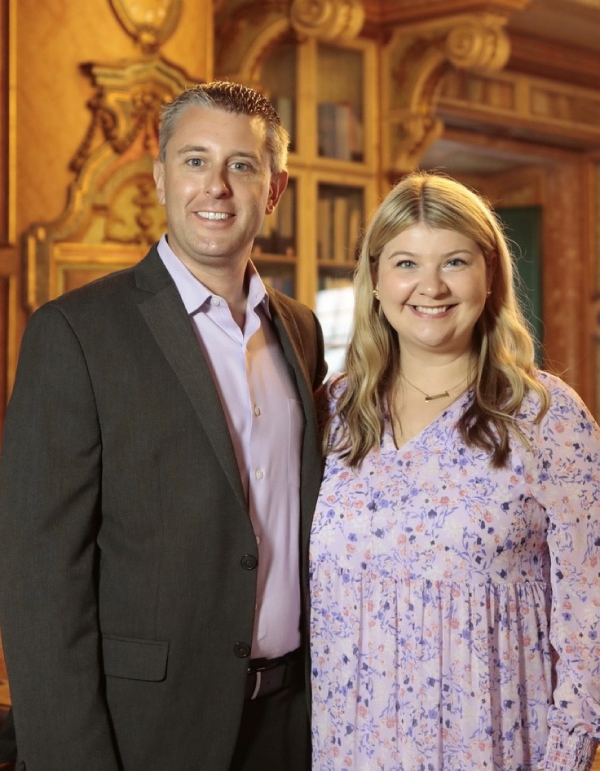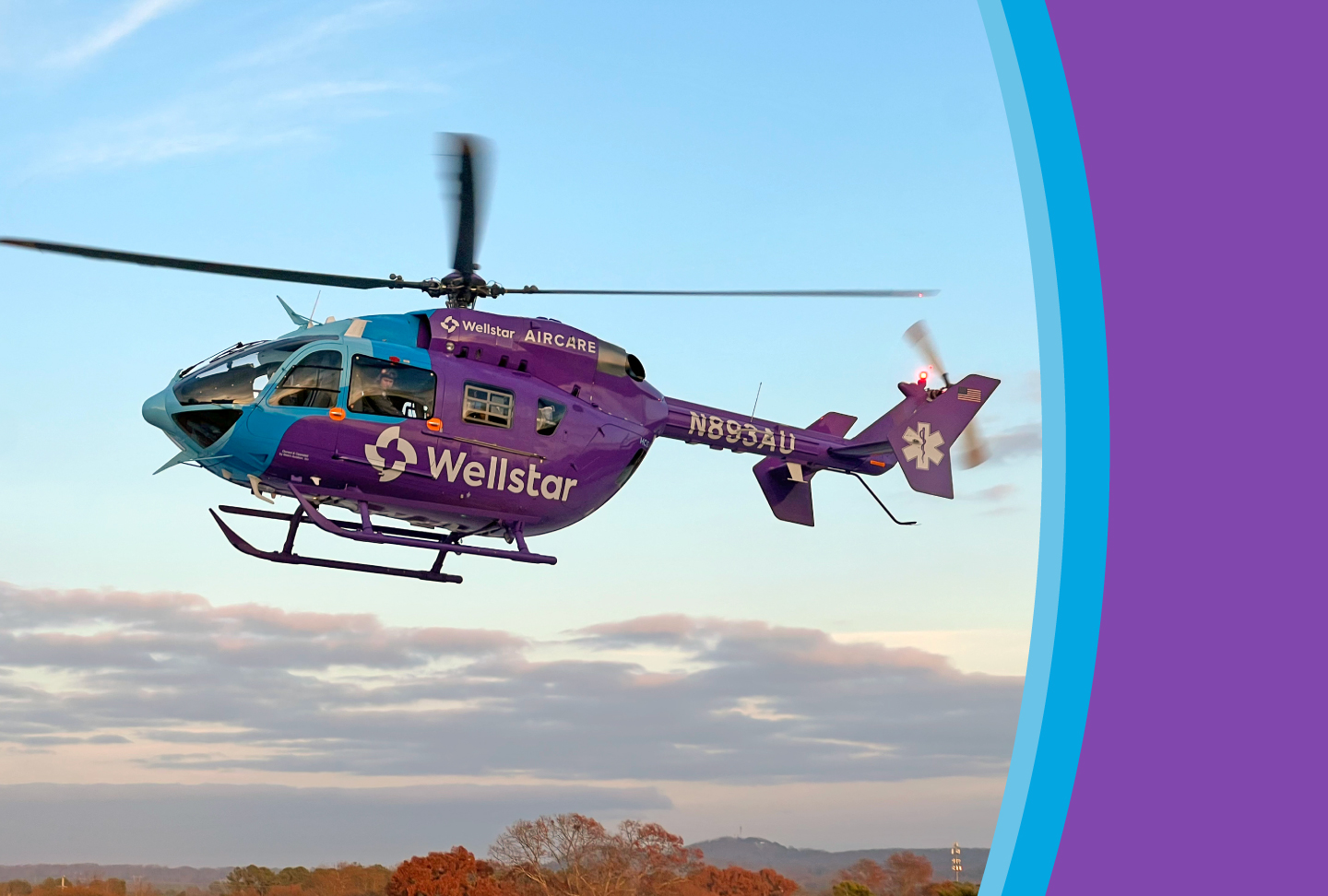When a stroke or heart attack strikes, every second matters. Saving time could mean saving a life, and it’s crucial that medical treatment starts right away. That’s why in the case of a heart attack or stroke, call 911 immediately—don’t drive yourself or another person to the hospital.
Emergency Medical Service crews are trained to start life-saving treatment on the way to the hospital, minimizing damage to your heart or brain. They can also conduct and interpret electrocardiograms to diagnose a heart attack in the ambulance.
You also don’t want to drive if you are experiencing a heart attack or stroke yourself because your condition could worsen on the way to the emergency department and impact your ability to stay safe on the road.
“If you're having an emergency, which could be severe abdominal pain, chest pain, shortness of breath, weakness that you can't really explain, you've got to call 911,” said Dr. Ed Malcom, an emergency medicine physician at Wellstar North Fulton Medical Center. “The ambulance and the EMS services will get you to the emergency department in a safe way, and we will get you taken care of.”
When a patient has a heart attack, ambulance crews communicate with our cardiac team on the way to the hospital, bypassing the emergency department and diverting directly to the cardiac catheterization lab, where our team is ready to restore blood flow to your heart. Calling 911 means reopening the heart artery sooner. And when someone has a stroke, it’s also crucial to take action right away—the sooner you seek treatment, the more brainpower can be saved.
“Time is the most important factor,” said Wellstar Neurosurgeon Dr. Benjamin Zussman. “Saving time can be the difference between having a permanent stroke or making a good recovery.”
To learn more about how Wellstar treats heart attacks and strokes, visit our heart care and neuro care pages.





